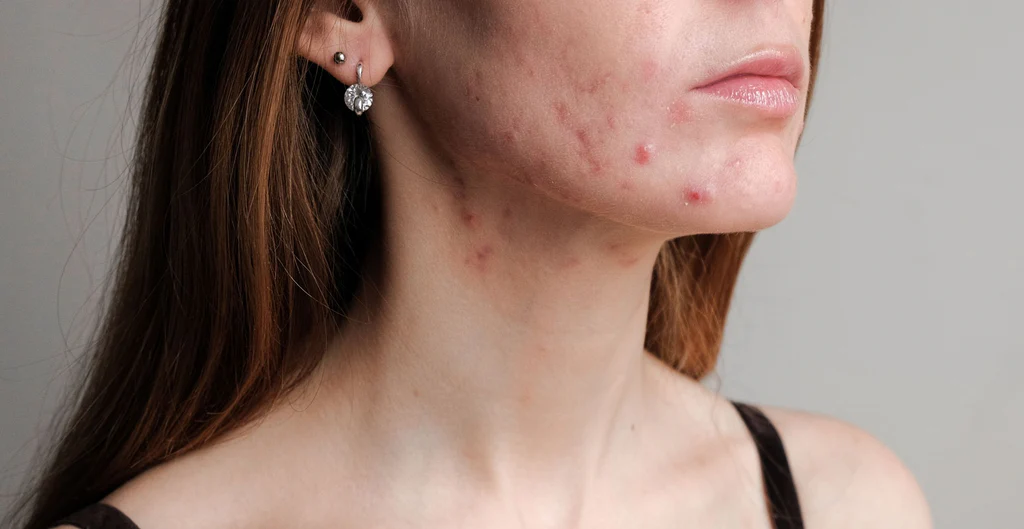Acne is a common skin condition, but dealing with cystic acne can be especially tough. If you struggle with this severe form of acne, you may experience not only physical discomfort but also impacts on your self-esteem. What makes cystic acne different is that it’s more serious than regular breakouts and requires a different approach to treatment. In this post, we’ll dive into what cystic acne is and share some tips to help manage its effects.
What is Cystic Acne?
While acne affects many people, cystic acne is a more severe and rare form of the condition. It’s the most advanced type of hormonal acne and causes painful, deep cysts under the skin, often leading to scarring. Unlike regular pimples, cystic acne won’t just go away on its own — professional treatment is typically required. Over-the-counter topical treatments may not be effective for this type of acne, as every person’s skin reacts differently. If you suspect you have cystic acne, these dos and don’ts can help guide your skincare routine.
If You Have Cystic Acne, Do…
Try to Manage Stress: While it’s not always easy, reducing stress can help manage cystic acne. This type of acne is often linked to hormonal imbalances, which can worsen when you’re stressed or anxious. While you can’t control all hormonal changes, practising mindfulness, relaxation techniques, or simply taking time for self-care can positively impact your skin.
Gently Exfoliate: Many people with cystic acne have sensitive skin. Harsh exfoliants can aggravate inflammation, so it’s important to choose gentler alternatives. Dermatologists can recommend suitable products, but mild exfoliation at home can also help. Removing dead skin cells can reduce pore blockages and assist in managing breakouts.
For Cystic Acne, Don’t…
Pick or Squeeze: While it’s tempting, picking or squeezing cystic acne will only make things worse. Since these breakouts are located deep under the skin, popping them can lead to more inflammation, bleeding, and even permanent scarring. Keep your hands away from your face to avoid spreading bacteria or worsening the situation.
Skip Moisturising: It might seem counterproductive to moisturise acne-prone skin, but it’s essential. Many acne treatments dry out your skin, and without proper hydration, your skin may produce excess oil, leading to more breakouts. Use a moisturiser recommended by your dermatologist, and remember to drink plenty of water and limit sun exposure.
Cystic acne often requires professional intervention for effective treatment. With the right support from a dermatologist, you can manage your condition, regain your confidence, and improve your skin. If you’re looking for expert advice or acne treatment options, reach out to us today.


